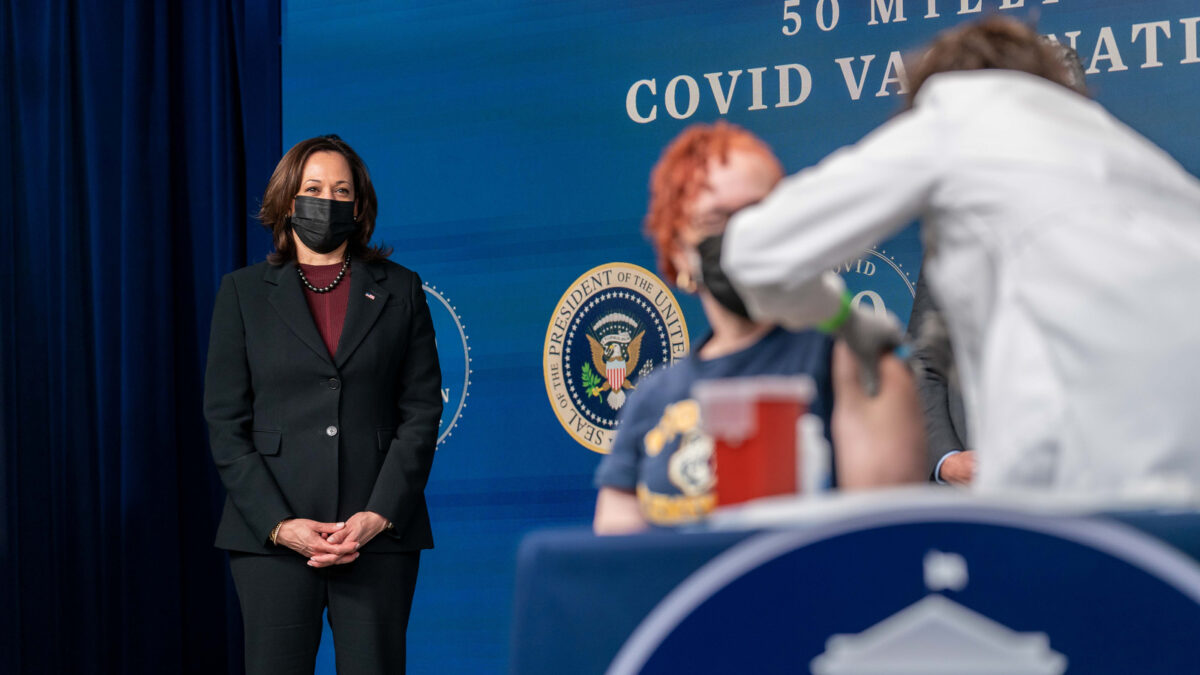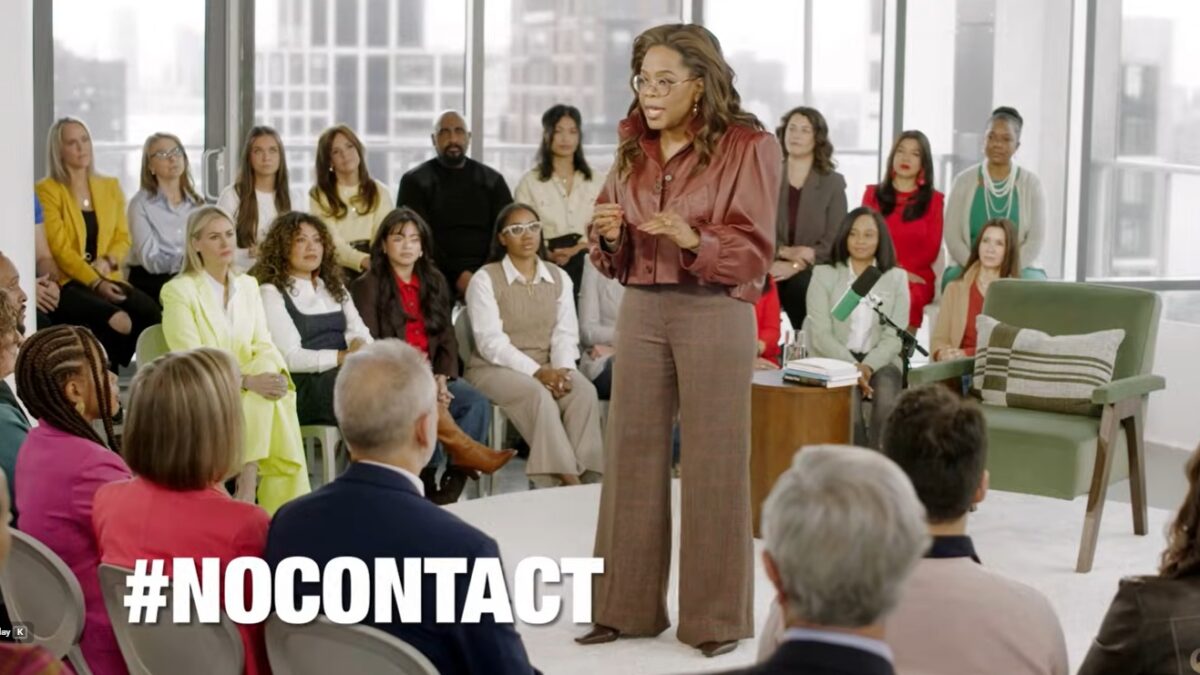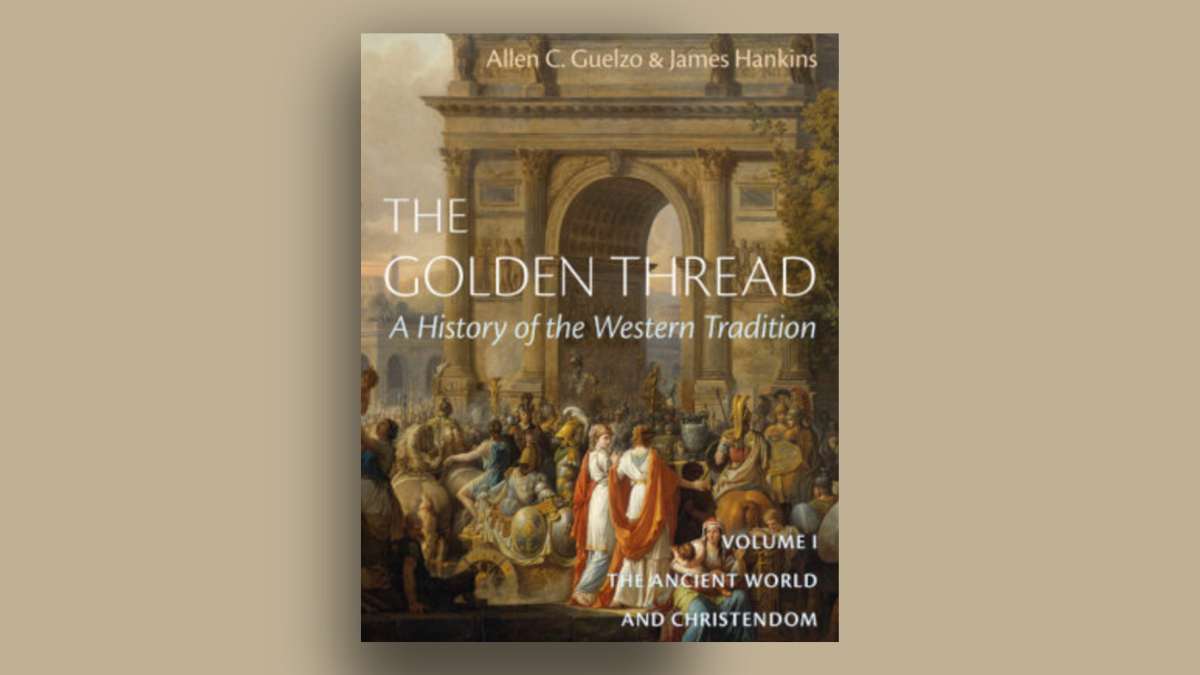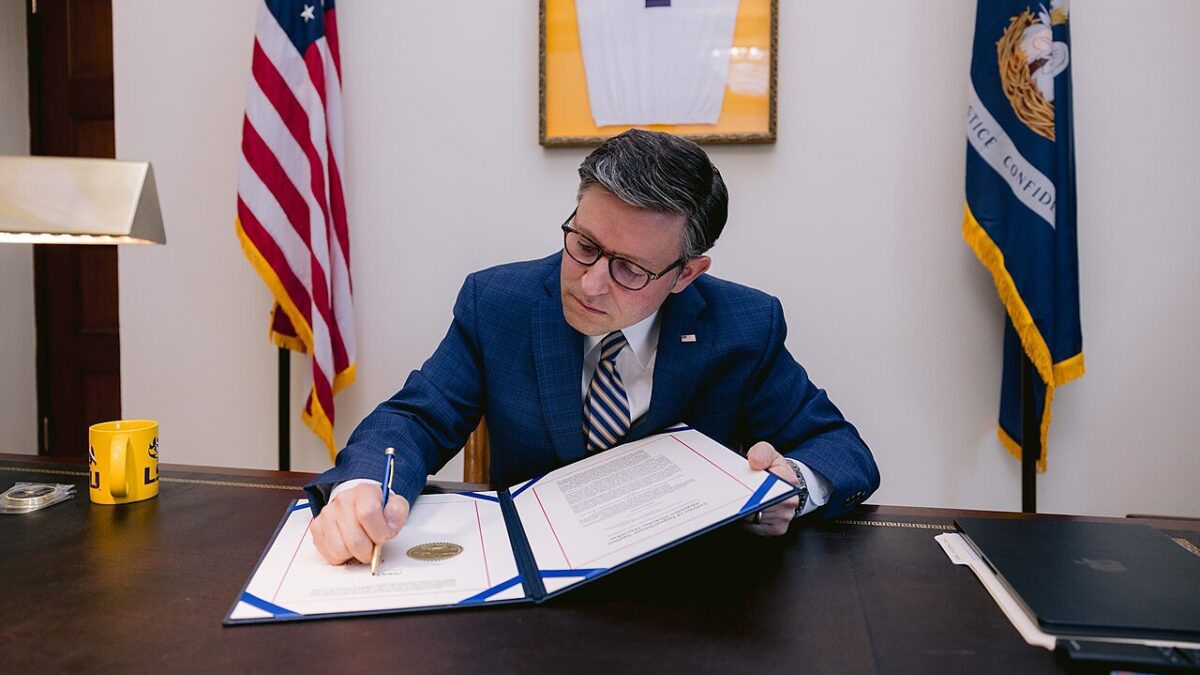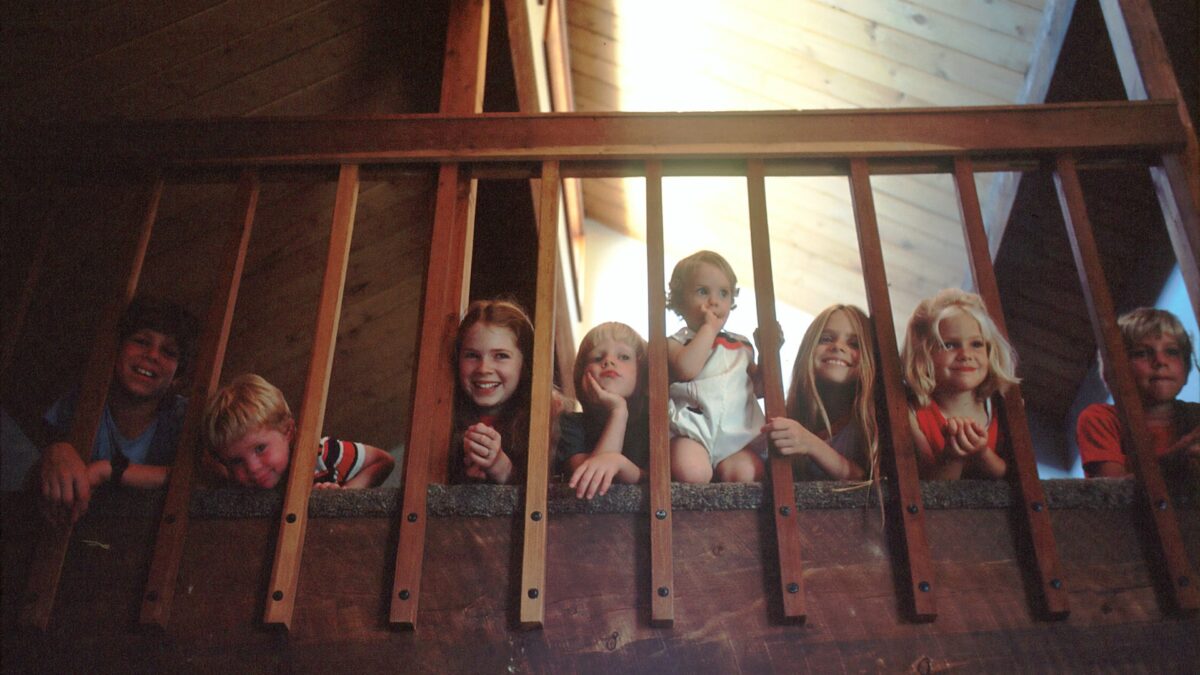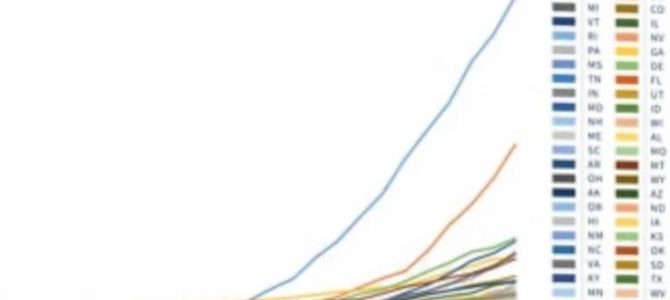
I imagine there are some people who love New York City more than I do, but I do love it. I love it with fervor of the convert. A Philadelphian by birth, for 20 years I have now walked the storied steel canyons of the world’s current capital.
There’s a reason the United Nations meets here, why artists and would-be stock barons alike come here. Now we are in the grip of the coronavirus, locked down. But our peril must not mean that the nation we represent must be destroyed.
I had occasion this week, as the virus ground us all to a stop, to talk to a friend in Indiana. I asked, “Is this the greatest crisis the country has ever faced?” We haven’t been invaded since 1812, I pointed out, and have never been occupied. Her reply, “What crisis?” She was in her backyard, her children playing. My life was at a bizarre standstill, death all around, hers was not. Yet all across the nation I don’t have time to think about lives are being destroyed, not by virus, but by an economic disaster unknown in a century.
The entire country, experts I trust tell us, must be shut down. Businesses shuttered, many with little hope of opening again. Ten million people unemployed in two weeks. Ten million. In that world beyond that Hudson River, an economic hammer is falling faster than the virus can spread. Who can think of money at a time like this? we are told. How callous. But it’s not just money. In its own way it’s lives, it is a way of life.
Jack Kerouac — who danced and played and was educated in New York City but found his literary and intellectual fortune in the forgotten America — once said he didn’t want a living, he wanted a life. But where is the difference? What is life if not the ability to sustain it? We are embarking upon the devastation of an entire nation when it is becoming clearer and clearer that the gravest threat lies in megacities. And no city is more mega than Gotham.
The counter point is that the virus will eventually spread from New York and inevitably infect the suburbs, exurbs, and rural areas. But in Europe and here at home that isn’t what has happened. In Washington state, where the first-recorded American cases occurred in Seattle, the number of cases has flattened. Why? Well, as New York Gov. Andrew Cuomo has pointed out, the population density and public transit usage in New York City makes us violently susceptible to this plague.
New York City is the center of the universe; by definition the center of the universe is an anomaly. We cannot base an entire national policy on an anomaly. Err on the side of caution, many say, but is it cautious to destroy entire communities through economic collapse that may not recover for a generation?
“If we can save one life then it’s worth it.” Is it? David Mamet in the movie “Wag the Dog” asked why nations go to war. The answer was to defend our way of life. Four hundred thousand Americans died in World War Two to defend the American way of life. Should we have handed the world to the Nazis to save American lives? Although far from perfect, the point of this analogy is that we cannot base public policy on the basis of total fear of death. We never have, and we never should.
Let’s be clear: what we are sacrificing by a policy of total lockdown for God knows how long is the livelihoods, dignity, and yes, in many cases lives of hundreds of millions of Americans. Platitudes don’t cut it. A crisis is a crisis specifically because it is a situation with no good answers. If there were an easy answer it wouldn’t be a crisis.
I’m scared. I open the door to my bodega in Brooklyn with my elbow, not my hand; I wash my hands like my life depends upon it because it might. But I also chose to live here and I’m not leaving. New York City will get through this. I hope I do too. But being the symbol and signal of America does not mean the rest of the nation must be crushed under the weight of economic collapse. We need to make some hard choices, and we need to make them now.




